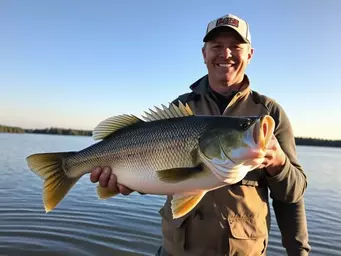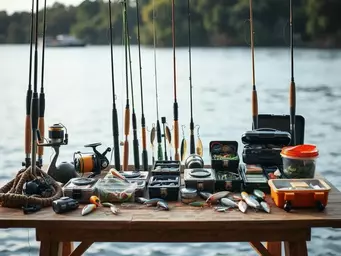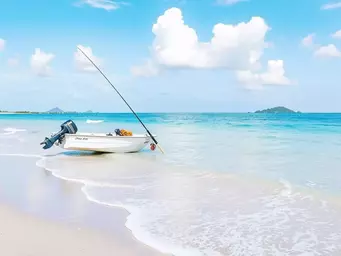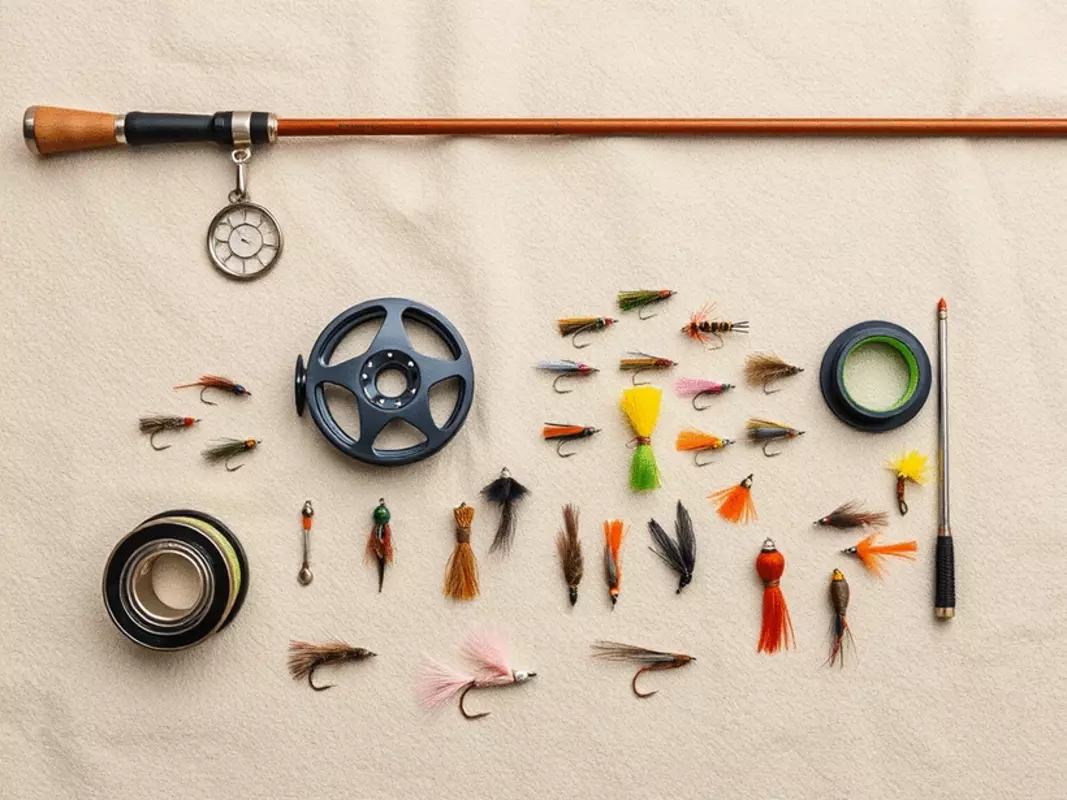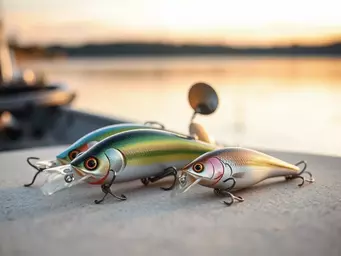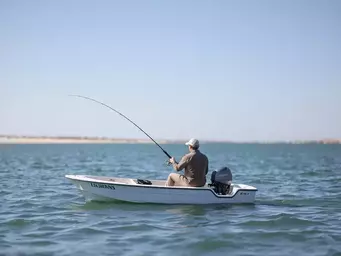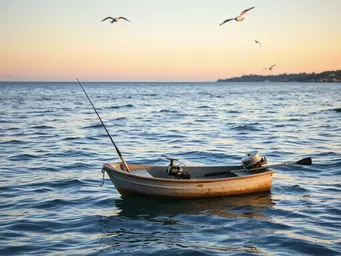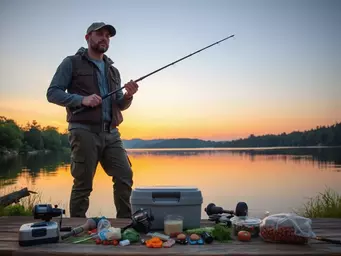Selecting Fishing Techniques by Water
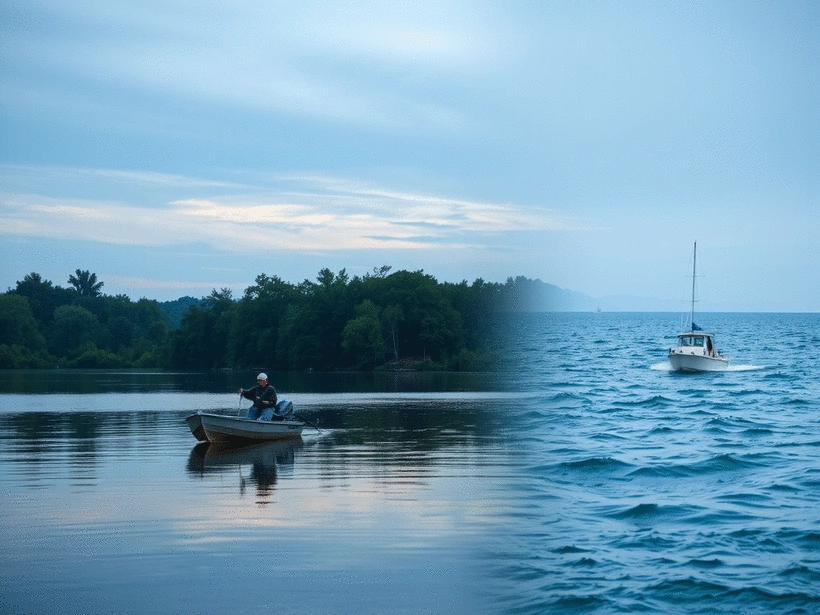
Understanding the nuances between freshwater and saltwater fishing can elevate your angling adventures. As you prepare for your next fishing trip, consider these essential insights that will lead to enhanced success on the water!
What You Will Learn
- Freshwater and saltwater environments have distinct ecosystems that affect fish behavior and bait choices.
- The right fishing technique is crucial for success, with different methods suited for specific water types.
- Understanding local fish species and seasonal patterns can significantly improve your catch rate.
- Experimentation with various techniques and baits can lead to unexpected successes in your fishing endeavors.
Freshwater vs. Saltwater Fishing: Key Differences and Techniques
Understanding the fundamental distinctions between freshwater and saltwater environments is crucial for any angler aiming to improve their success rate. The visual below highlights the primary differences and tailored techniques for each fishing type, ensuring you choose the right approach for your next adventure.
ENVIRONMENT Freshwater Fishing
Water Composition: Low salinity.
Species: Bass, Trout, Catfish.
Weather Impact: More stable, less current.
Accessibility: Typically more accessible (lakes, rivers, ponds).
Common Techniques: Fly Fishing, Bait Fishing, Lure Casting.
ENVIRONMENT Saltwater Fishing
Water Composition: High salinity.
Species: Tuna, Marlin, Snapper.
Weather Impact: Stronger currents and tides.
Accessibility: Often requires boats or specialized gear (oceans, seas).
Common Techniques: Trolling, Bottom Fishing, Jigging.
Understanding Freshwater vs Saltwater Fishing Techniques
When it comes to fishing, the environment plays a crucial role in determining your success. Freshwater and saltwater environments each present unique challenges and opportunities that every angler should understand. While both types of fishing can be incredibly rewarding, the techniques and equipment you use will differ significantly based on the water type.
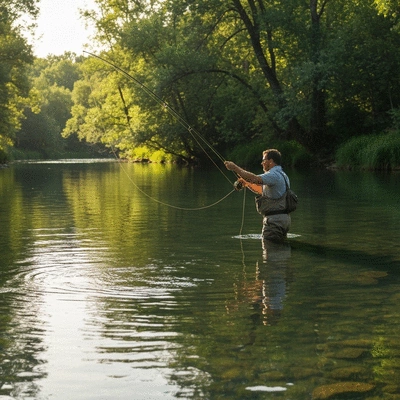
Freshwater fishing typically occurs in lakes, rivers, and ponds, where you’ll find species like bass, trout, and catfish. In contrast, saltwater fishing takes place in oceans and seas, targeting species such as tuna, marlin, and snapper. Each setting has its own ecosystem, influencing fish behavior, bait choices, and fishing techniques. Understanding these differences is key to enhancing your fishing experience.
Defining the Key Differences Between Freshwater and Saltwater Environments
- Water Composition: Freshwater has lower salinity compared to saltwater, which affects fish physiology. Research on fish physiology in varying salinities highlights how different species adapt to their environments.
- Species Variety: The types of fish found in each environment vary significantly, requiring different approaches.
- Weather Impact: Saltwater fishing often deals with stronger currents and tides, while freshwater can be more stable.
- Accessibility: Freshwater spots are typically more accessible, while saltwater may require boats or specialized gear.
By grasping these fundamental differences, you can better tailor your gear and strategies to fit the environment you’re fishing in. At Addict Fishing, we believe that understanding the water is just as important as mastering your casting technique!
Why Choosing the Right Fishing Technique Matters for Your Success
The right fishing technique can be a game changer. Using the wrong approach in the wrong environment can lead to frustration and empty nets. For instance, if you’re fishing in a river for trout, a technique that works well in the ocean, like trolling, may not yield the results you want.
Moreover, selecting the appropriate techniques can enhance your overall experience on the water. Here are a few reasons why technique matters:
- Increased Efficiency: The right technique helps you cover more ground effectively and can lead to a higher catch rate.
- Greater Enjoyment: Mastering techniques can boost your confidence and make your fishing trips more enjoyable.
- Skill Development: Learning and adapting techniques for different environments enhances your abilities as an angler.
- Community Connection: By sharing your experiences and techniques, you foster connections with fellow anglers who share your passion.
Ultimately, choosing the right fishing technique not only contributes to a successful catch but also helps in building a vibrant fishing community. So, what techniques have you found most effective? Let’s connect and share our stories at Addict Fishing!
Essential Fishing Techniques for Each Water Type
Now that we’ve explored the foundational differences between freshwater and saltwater fishing, let's dive into the essential techniques tailored to each water type. Whether you’re casting your line in a serene lake or battling the waves of the ocean, having the right approach is vital for maximizing your fishing success.
Interactive Poll: Your Fishing Techniques!
We want to know: Which fishing technique works best for you? Share your preference and experiences below!
Summarizing Key Takeaways for Choosing Fishing Techniques
As we wrap up our exploration of fishing techniques, it's essential to recognize the importance of knowledge in selecting the right approach. Understanding the differences between freshwater and saltwater environments, along with the unique challenges each presents, is crucial for any angler aiming to improve their success rate. Whether you're casting your line into a serene lake or navigating the open sea, having a solid grasp on the relevant techniques can make all the difference in your catch.
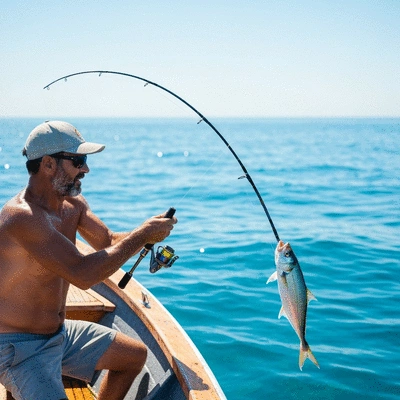
Furthermore, it’s vital to remember that fishing is not a one-size-fits-all endeavor. Each water body has its own characteristics, and adapting your method is key. This includes considering factors such as local fish species, seasonal changes, and even the time of day. The more informed you are, the better your chances of reeling in a trophy catch!
The Importance of Knowledge in Selecting the Right Fishing Approach
Knowledge is your best friend when it comes to fishing. It helps you make informed decisions that can lead to a fruitful outing. Here are some key aspects to consider:
- Fish Species: Research the species you want to catch and their preferred habitats. Understanding species-specific habitat preferences can greatly improve your success.
- Water Conditions: Understand how water temperature, clarity, and flow can impact fish behavior.
- Seasonal Patterns: Learn about seasonal changes that affect fish migration and feeding habits.
- Local Regulations: Stay updated on fishing laws and regulations in your area to ensure a responsible fishing experience.
As an angler, I’ve found that the better you understand these factors, the more rewarding your fishing adventures can be. This knowledge equips you to adjust your techniques based on conditions, ultimately leading to more successful outings.
Encouraging Experimentation and Adaptation for Fishing Success
Don’t be afraid to experiment with different techniques! Fishing is about exploration and adapting to each situation. Trying new methods can lead to unexpected successes. Here’s how you can embrace experimentation:
- Test Different Baits: Explore various bait options to see what works best for the fish you're targeting.
- Mix Techniques: Combine different fishing styles, such as switching between fly fishing and bait fishing to find what resonates with the day’s conditions.
- Keep a Fishing Journal: Document your experiences, noting what techniques worked best and under which conditions. This will help refine your approach in the future.
At Addict Fishing, we believe that embracing a spirit of adventure and curiosity is what makes fishing so rewarding. Each trip is a chance to learn something new, so go ahead and experiment with your techniques!
Next Steps for Aspiring Anglers
Resources for Further Learning on Fishing Techniques
If you’re passionate about enhancing your fishing skills, there are plenty of resources available to you. Here are some that I’ve found particularly helpful:
- Online Fishing Blogs: Check out our blog at Addict Fishing, where we share tips, stories, and tutorials tailored for anglers of all levels.
- Video Tutorials: Platforms like YouTube have countless instructional videos that can guide you through specific techniques.
- Fishing Forums: Engage with other anglers in online forums to share experiences, ask questions, and get advice.
Utilizing these resources can significantly boost your confidence and knowledge, making your fishing adventures even more enjoyable.
Call to Action: Share Your Experiences and Techniques with Others
Now, I’d love to hear from you! What techniques have you found most effective in freshwater or saltwater fishing? Do you have any tips or stories to share? Join our community at Addict Fishing by commenting below or reaching out on social media. Let’s continue to inspire each other and elevate our fishing game together!
Frequently Asked Questions (FAQs)
What are the main differences between freshwater and saltwater fishing environments?
Freshwater environments (lakes, rivers, ponds) have low salinity, more stable weather, and typically host species like bass, trout, and catfish. Saltwater environments (oceans, seas) have high salinity, stronger currents and tides, and are home to species such as tuna, marlin, and snapper. Accessibility also varies, with freshwater spots often being easier to reach.
Why is choosing the right fishing technique important?
Selecting the appropriate technique increases efficiency, leads to a higher catch rate, boosts confidence, and makes fishing trips more enjoyable. It also enhances skill development and fosters community connections among anglers.
What are some common freshwater fishing techniques?
Common freshwater techniques include fly fishing, bait fishing, and lure casting, adapted for species like bass, trout, and catfish.
What are some common saltwater fishing techniques?
Common saltwater techniques include trolling, bottom fishing, and jigging, often used for species like tuna, marlin, and snapper.
How can I improve my fishing success?
Improving success involves understanding fish species and their habitats, being aware of water conditions and seasonal patterns, adhering to local regulations, and actively experimenting with different baits and techniques. Keeping a fishing journal can also help refine your approach. For more detailed insights into marine ecosystems and fish behavior, you can refer to scientific studies like those on marine environmental factors affecting fish populations.
Recap of Key Points
Here is a quick recap of the important points discussed in the article:
- Understand the Environment: Freshwater and saltwater fishing techniques differ significantly due to variations in species, water composition, and accessibility.
- Select the Right Technique: Using appropriate techniques based on the fishing environment enhances efficiency, enjoyment, and skill development.
- Adapt to Conditions: Consider local fish species, seasonal changes, and water conditions to optimize your fishing approach.
- Experiment and Learn: Embrace different techniques and keep a fishing journal to refine your skills and increase your success rate.
- Utilize Resources: Explore online blogs, video tutorials, and forums to further enhance your fishing knowledge and connect with the community.
